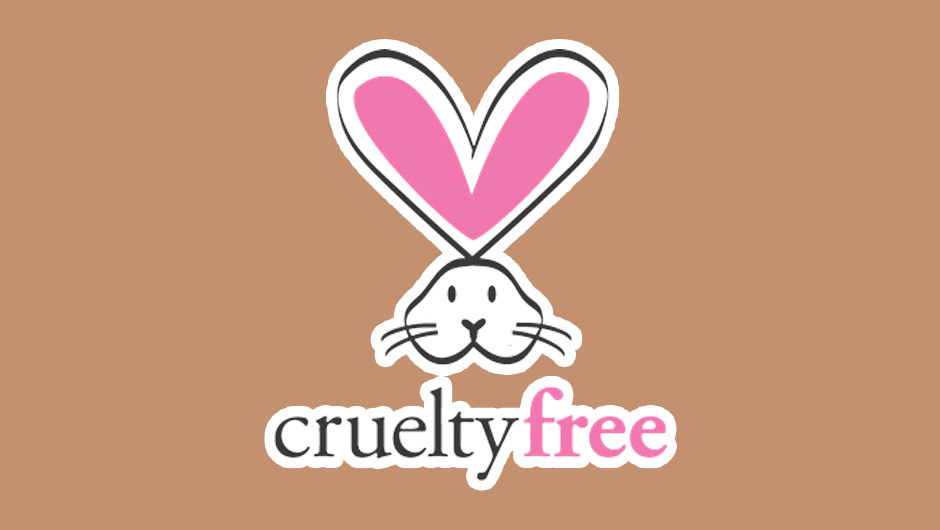What distinguishes vegan from cruelty-free skincare products? To begin with, vegan-friendly gets rid of all animal-derived substances. The products come from plants, minerals, and safe artificial ingredients. Many consumers often use these two words interchangeably although each one has a completely different meaning. People who read labels carefully will realize how confusing or misleading these names can turn out for the buying public.
By saying that the commodity does not have any animal byproducts or ingredients, it refers to the substances instead of the production process. Items tested on animals can lay claim to being vegan. On the other hand, cruelty-free indicates that components as well as the final products were not tried on any animal. It touches on the testing methodology and not the ingredients.
In other words, a cruelty-free commodity may contain non-vegan substances which include the following:
- Albumen
- Beeswax
- Carmine
- Cholesterol
- Collagen
- Gelatin
- Honey
- Lanolin
What should the practical consumer choose? The smart option is to opt for vegan and cruelty-free. However, it is necessary to define each one and understand the concepts carefully.
What Vegan and Cruelty-Free Mean?
The vegan trademark has become popular a few years back as health-conscious individuals started to look for this label in food and cosmetic products. Vegan cosmetic sales went up last year as the younger generation between 16 and 34 years old became very concerned regarding animal welfare.
Makeup earned the vegan tag only if the product did not contain animal-obtained ingredients. Contrary to the vegan trademark, cruelty-free indicates the course of testing. Cosmetics that carry this description implies that none of the components along with the final product was tried on animals.
The confusion happened due to the absence of standard definitions of what the merchandise implies if it bears the vegan tag. For many consumers, vegan skincare belongs to the category of not having ingredients taken from animals. The terminologies, vegan and cruelty-free are not associated with or synonymous to organic and natural. These terms have different meanings although overlaps occur frequently.
Other interpret it as makeup that does not contain animal goods, or it did not exploit animals during the stages of testing and production. As manufacturers started to shift towards a more animal-friendly attitude, it became vital to partner with enterprises offering commodities that espoused the suitable label.
Veganism – Lifestyle or Diet?
According to vegans, veganism is a lifestyle and not a nutrition regimen. It refers to rejecting animal products in all aspects of life and not just the kitchen. Veganism includes skincare. Nevertheless, consumers may find it hard what to choose in purchasing beauty or personal care items when companies try to disguise animal byproducts at all costs.
People go vegan not only as protection for animals and their health but for the environment as well. Production of meat and animal products affect our ecosystem adversely including the water and crops needed to feed these animals., transportation, and farming processes. On the contrary, lower volumes of harvest and water ate necessary to support the vegan diet. Veganism is an easy and effective mode of reducing impact on our ecology.
Animal Testing
Another important factor to consider is animal testing. A common mistaken belief is that goods are not safe for human consumption unless these have been tried on animals. The truth is it is not mandatory to perform tests on animals. Manufacturers have other choices such as plant-based cell technology as well as theoretical prototypes.
Unfortunately, many companies worldwide continue to conduct testing using rabbits, mice, cats, and dogs. Chemicals are applied directly on the skins of these living samples for successive days. Worse, animals are killed, and their bodies are dissected in laboratories just to find out if organs were damaged.
The United States Food and Drug Administration does not compel cosmetic makers to substances or products on animals to prove safe use. However, Testing beauty and body care products remain legal in the USA, Canada, and China. Both the United States and Canada maintain policies to safeguard the well-being of testing animals.
Advice for the Public
In shopping for skincare merchandise, avoid taking advertising hype and labels at face value. Most of the time, packaging and promotions are worded intentionally to confuse consumers in buying their brands.


Leave a Reply